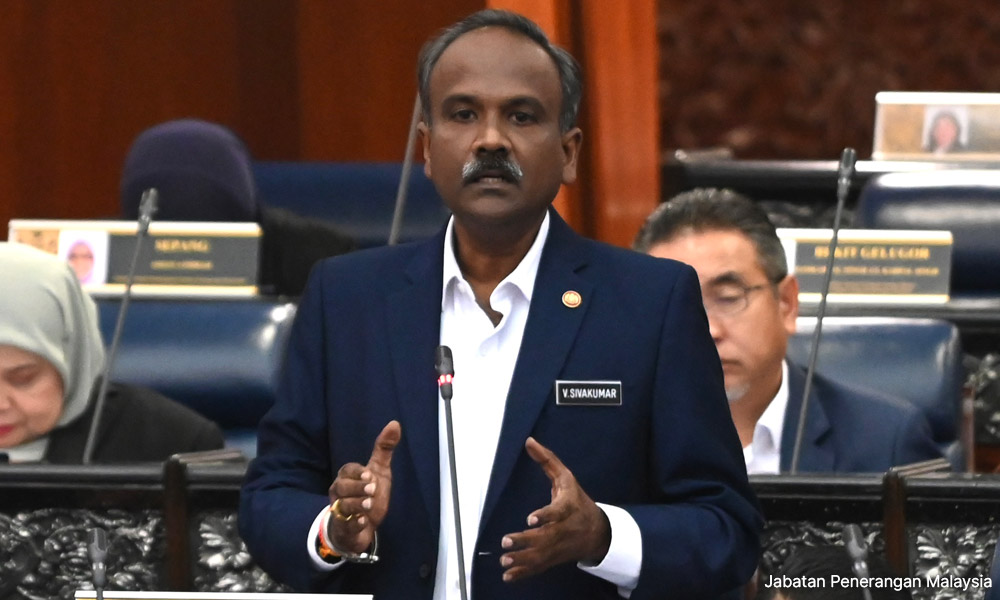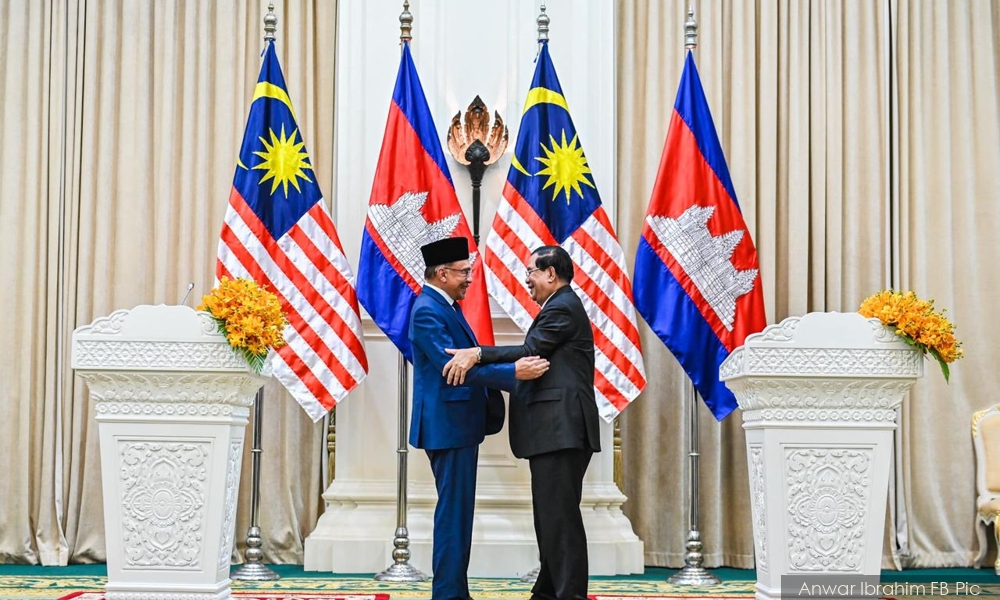A new bilateral agreement between Malaysia and Cambodia on the hiring of domestic workers could offer employers cheaper alternatives to Indonesia and the Philippines as the current top two source countries for domestic workers.
This comes as the five-year agreement signed by both governments during Prime Minister Anwar Ibrahim's one-day visit to Cambodia yesterday does not specify a minimum wage for a Cambodian domestic helper - unlike the existing terms set by Indonesia and the Philippines for Malaysian employers.
When contacted, Human Resources Minister V Sivakumar said the document did not make any reference to a minimum monthly wage, either set by Cambodia or based on Malaysia's current rate of RM1,500 as the minimum wage for all formal workers.
"Minimum wage not mentioned," Sivakumar told Malaysiakini in a brief text message.
Malaysiakini understands that an employer seeking to hire a domestic worker from Cambodia must pay a monthly wage determined by "market forces" in Malaysia and agreed to as part of the terms and conditions of an employment contract.
For comparison, the Indonesian government has mandated that all new domestic workers sent to Malaysia must be paid the national minimum wage of RM1,500, while the Philippines has set a minimum amount of US$400 (RM1,760 at the current rate).

Under the Employment Act 1955, domestic work remains categorised as informal work and is not subjected to the payment of minimum wage.
Aside from the issue of wages, Sivakumar said the overall hiring costs to be charged by registered recruitment agencies would be discussed in a joint working committee meeting involving officials from both countries.
"Hiring costs will be discussed in detail during a Joint Working Committee Meeting at the officers' level," he said.
In terms of protection for a Cambodian domestic worker, Malaysiakini understands among requirements for employers include the provision of insurance under Socso's Employment Injury Scheme and the Foreign Workers Health Insurance Scheme.
For rest days, it is learnt that the employer is required to provide the domestic worker with one rest day a week and in the event that the entitlement is waived, a certain amount of money must be paid to the worker.
For Muslim domestic workers, the employer is required to protect their rights to pray at home and not to handle or consume non-halal ingredients.

It is so far unclear whether there are other conditions imposed on employers, including the size of their household as well as minimum household income.
Earlier in a statement, Sivakumar said Anwar and Cambodian Prime Minister Hun Sen also witnessed the signing of a separate MOU for the hiring of workers in formal sectors.
He said at present there are 4,422 Cambodians holding temporary work permits in Malaysia - 3,499 in the formal sector and the remaining 923 as domestic workers.
Prior to the new agreements, the last five-year MOU had expired on Dec 9, 2020. - Mkini




No comments:
Post a Comment
Note: Only a member of this blog may post a comment.